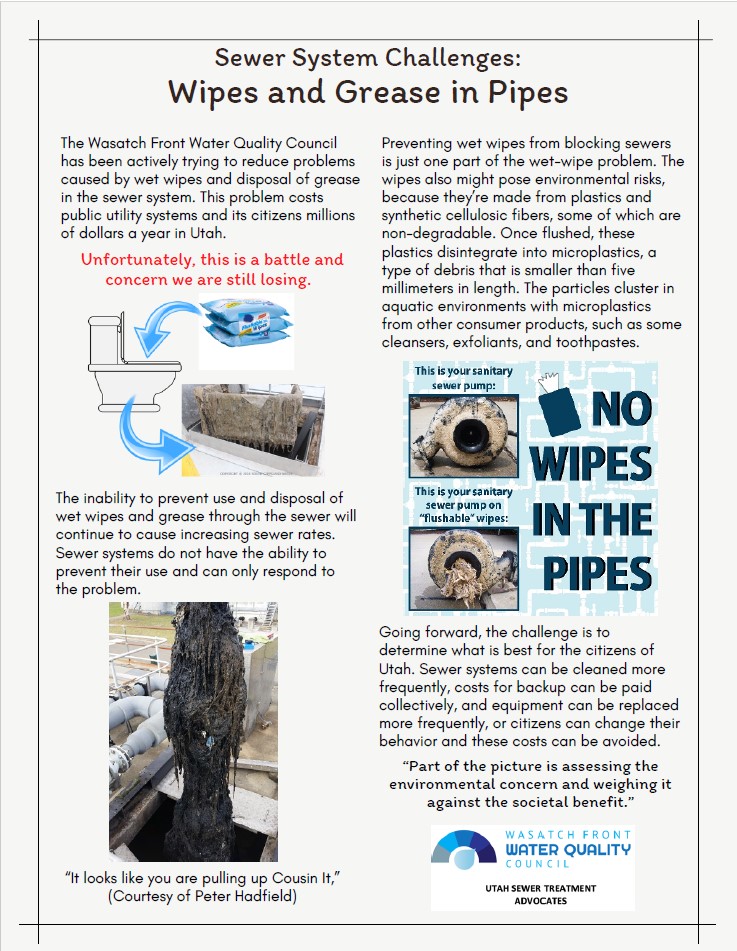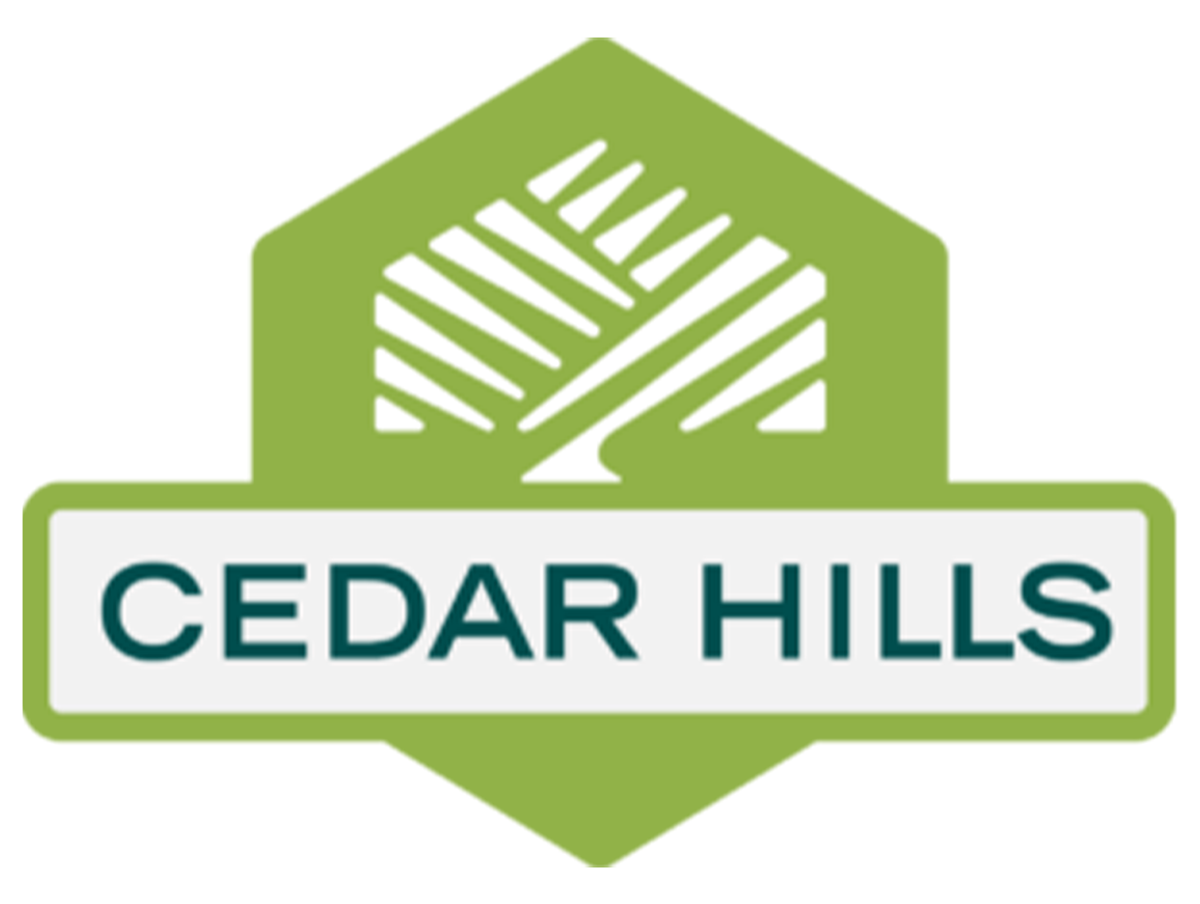Sewer
Cedar Hills provides and maintains all of the existing sewer lines within the city. Wastewater treatment is provided through the Timpanogos Special Service District (TSSD) in conjunction with all the other communities in the northern portion of Utah County. Currently, sewer services are provided to all portions of Cedar Hills, with the exception of a few individual properties located in the south-central portion of the city.
New developments install all their own sewer connections. The City has put a tremendous effort toward installing sewer service to all community residences. The City plans to provide sewer services to all portions of Cedar Hills and will make various improvements to the existing sewer network.
The City of Cedar hills has established a sanitary sewer system operations and maintenance program to ensure proper system operations, to minimize any sub-level backups or sanitary sewer overflows, and to provide for replacement, refurbishment, or repair of damaged or deteriorated city owned piping systems. The combined maintenance program should ensure that the environment and health of the public are protected at a reasonable cost for the end users.
Do’s and Don’ts of Flushing
DO flush toilet paper ONLY down the toilet.
DO NOT flush “flushable” wipes/wet wipes, paper towels, paper, sanitary tampons, or grease of any kind. These could cause back up and costly repairs.
Below is a flyer on the Do's and Don'ts of flushing from the Timpanogos Special Service District (click to enlarge)

Sewer Frequently Asked Questions
How is my sewer rate set?
The sewer base rate is $14.03 plus $5.99 per 1,000 gallons of water used, per individual household, on average during October through March of the previous year.
Residents who move in after the sewer rate is set in the spring, are charged the City’s average sewer rate, based on 6,000 gallons, until the following spring when their personal average rate will be established.
What does the sewer base rate and consumption rate pay for?
The base rate pays TSSD for its sewer services. The consumption rate pays for the monthly contribution of each household, to the sewer flow.
SSMP Introduction
SSMP-1 General Information
SSMP-2 Operations and Maintenance Program Narrative
SSMP-3 Design Standards
SSMP-4 Sewer Overflow Response
SSMP-5 Grease Oil Sand Interceptor Management
SSMP-6 Sewer Evaluation DAP Program
SSMP-7 Monitoring and Measurement Plan
SSMP-8 Mapping Program
SSMP-9 Basement Backup Program
SSMP-10 No Fault Damage Claims Program
Table of Contents
